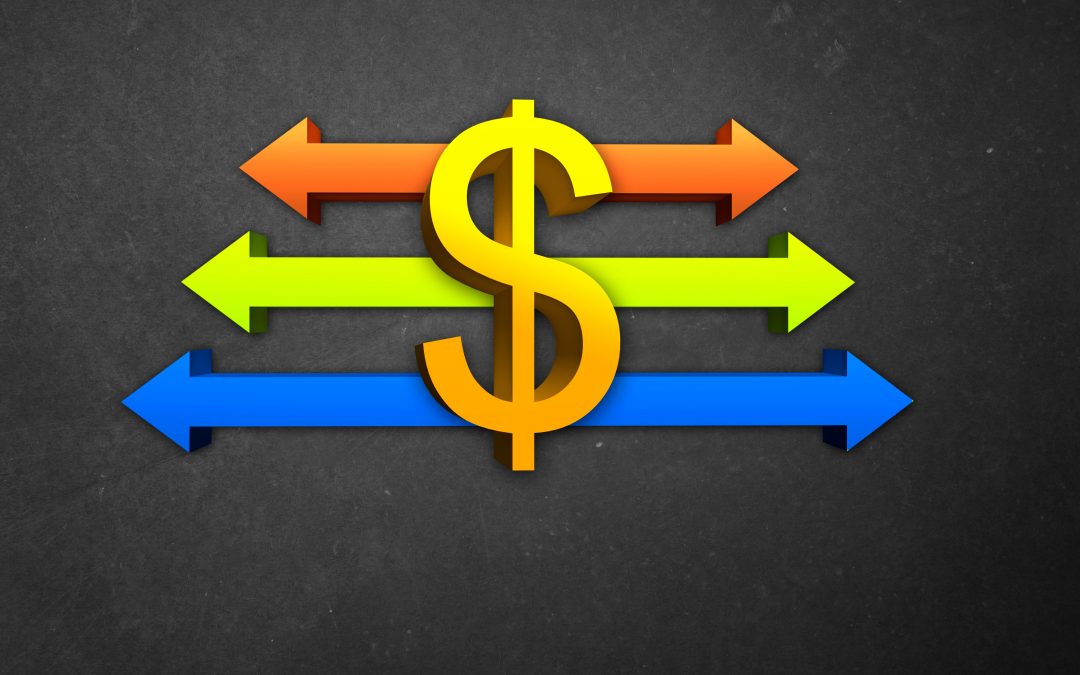The Big Difference Between a Homeowner’s and a Renter’s Net Worth
If you’ve ever wondered whether buying a home is worth it, you’re not alone. Many people debate whether to rent or buy, especially when the housing market feels uncertain. But there’s one clear advantage to homeownership that often gets overlooked: net worth.
Let’s break down what net worth really means, how owning a home can impact it, and why the gap between homeowners and renters is wider than most people think.
What Is Net Worth?
Net worth is simply the difference between what you own and what you owe. You calculate it by adding up your assets—like cash, investments, and property—and subtracting your debts, such as loans and credit card balances.
When you’re building your financial future, net worth gives you a clear picture of where you stand. It’s not just about income or how much you save—it’s about growing your total wealth over time.
Homeownership Is a Powerful Wealth-Building Tool
One of the biggest assets most people ever own is their home. That’s why buying a house has long been seen as a smart financial move.
When you rent, your monthly payments go toward someone else’s mortgage. But when you own, part of your payment goes toward building equity—the amount of the home you truly own. As time goes on and you pay down your mortgage, your equity increases. That’s wealth you’re building automatically.
In addition, homes tend to appreciate over time, meaning their value rises. Even modest annual increases can significantly boost your net worth over the years.
The Numbers Don’t Lie
According to several studies and surveys (including data from the Federal Reserve in the U.S.), the average homeowner has a significantly higher net worth than the average renter. In some reports, the gap is as high as 40 times more.
To put that in perspective:
- The median net worth of homeowners: $250,000+
- The median net worth of renters: under $10,000
Of course, these numbers vary depending on location and age, but the trend is clear. Over time, homeownership has helped build financial stability and long-term wealth for millions of people.
Where Renters’ Money Goes
Renting isn’t necessarily a bad choice. It can be flexible and lower-risk, especially if you’re not ready to settle down or take on the responsibilities of owning a home. But financially, rent is a pure expense. It doesn’t build equity. It doesn’t give you tax advantages. And unless your rent is much lower than a mortgage, you’re not gaining ground financially in the long run.
Once the rent is paid, that money’s gone. There’s no return, no ownership, no asset gained.
Homeownership Builds Stability and Options
Owning a home can help you do more than just increase your net worth—it can also improve your financial security.
Here’s how:
- Fixed monthly payments. With a fixed-rate mortgage, your payments stay predictable. Rent can rise, but your mortgage won’t (at least not the principal and interest).
- Ability to borrow. Homeowners can tap into home equity through refinancing or a home equity loan, often at lower interest rates than credit cards or personal loans.
- Tax benefits. In many places, homeowners can deduct mortgage interest and property taxes on their income tax returns.
- A nest egg for the future. Over time, your home becomes an asset you can use in retirement, sell for profit, or pass down to your family.
When Renting Might Still Make Sense
That said, homeownership isn’t right for everyone—at least not right away.
Renting might be a better fit if:
- You plan to move frequently
- You’re still working on your credit score or savings
- You’re not ready for the maintenance and responsibility that comes with owning
But even in these situations, it’s a good idea to make a plan. Ask yourself: What steps can I take now to prepare for buying a home in the next few years?
Saving for a down payment, improving your credit, or talking to a real estate agent or lender can help you get ready when the time is right.
It’s Not Just About Dollars—It’s About Direction
The biggest difference between homeowners and renters isn’t just money. It’s the direction your money is going.
When you own a home:
- Your payments help you build equity
- Your property has the potential to appreciate
- Your home becomes a personal asset
When you rent:
- Your payments help someone else build equity
- You don’t benefit from rising home values
- You leave with the same net worth you had when you moved in
That’s the long-term value of homeownership. It doesn’t just shelter you—it strengthens your financial foundation.
If you’re on the fence about whether to rent or buy, consider this: homeownership has been one of the most consistent and reliable ways to build wealth over time.
It’s not about jumping into the market without a plan, but about understanding the long-term impact your housing choices can have on your future. Whether you’re looking for more stability, better options, or simply want to grow your net worth, buying a home can be one of the most empowering steps you take.
Ready to start exploring your options? I’d be happy to help you understand your next steps toward homeownership.






